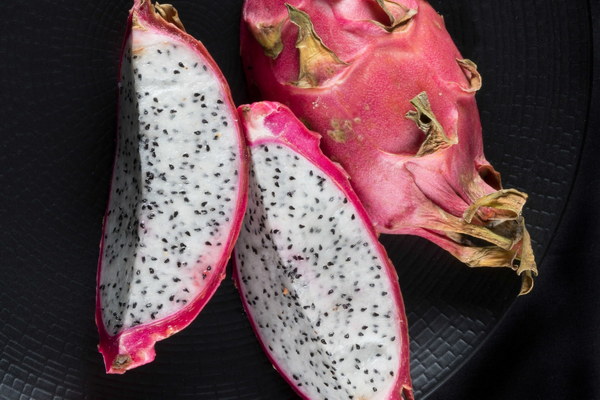Does Chrysanthemum Tea Really Cool the Lung Heat Exploring the Traditional Chinese Remedy
In the realm of traditional Chinese medicine, chrysanthemum tea is often hailed as a natural remedy for a variety of ailments, including the relief of lung heat. But what exactly is lung heat, and does chrysanthemum tea truly have the cooling properties to alleviate it? Let's delve into the historical roots, scientific perspectives, and practical applications of this popular herbal tea.
Understanding Lung Heat
Lung heat, or fei re in Chinese, is a term used to describe a condition where the body's lungs are overheated. This can manifest in symptoms such as a sore throat, cough with yellowish phlegm, dry mouth, and irritability. In traditional Chinese medicine, it's believed that excess heat in the lungs can lead to respiratory issues and other related health problems.
Chrysanthemum Tea: The Cooling Brew
Chrysanthemum tea, made from the dried petals of the chrysanthemum flower (Chrysanthemum morifolium), is a common herbal tea that has been used in Chinese medicine for centuries. It is renowned for its cooling properties, making it a go-to beverage for those suffering from lung heat.
Historical Use
The use of chrysanthemum tea dates back to ancient times in China, where it was valued for its therapeutic effects. It was traditionally consumed as a preventative measure to ward off heat-related illnesses and to maintain overall health.
Scientific Perspective
Modern science has not yet fully validated the traditional claims about chrysanthemum tea's ability to cool lung heat. However, studies have shown that chrysanthemum flowers contain a variety of bioactive compounds, including flavonoids, which may have anti-inflammatory and antioxidant effects.
How Chrysanthemum Tea Helps
While the exact mechanism by which chrysanthemum tea cools lung heat is not entirely understood, here are a few potential ways it may help:
1. Hydration: Chrysanthemum tea is a hydrating beverage, which can help to alleviate dryness associated with lung heat.
2. Anti-inflammatory Properties: The flavonoids in chrysanthemums may have anti-inflammatory effects, potentially reducing the inflammation that can occur in the respiratory tract.

3. Phlegm-Loosening: The tea is thought to help loosen and expel phlegm, which can be a hallmark symptom of lung heat.
Preparing Chrysanthemum Tea
To prepare chrysanthemum tea, simply steep the dried petals in hot water for about 5-10 minutes. The tea has a mild, slightly sweet flavor and can be enjoyed hot or iced. It's also often mixed with other herbs or teas to enhance its properties.
Conclusion
While the concept of lung heat may not align with modern medical understanding, chrysanthemum tea remains a popular choice among many for its perceived cooling effects. While scientific evidence is limited, the tea's hydrating properties and potential anti-inflammatory effects make it a soothing beverage, especially during the hot summer months or when respiratory symptoms arise.
Whether you're a believer in traditional Chinese medicine or simply looking for a refreshing drink, chrysanthemum tea is a delightful option that has stood the test of time as a natural remedy for a variety of health concerns.









